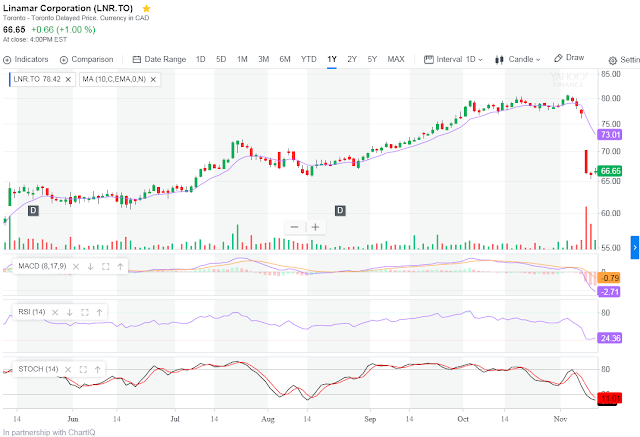Bernanke says gold standard wouldn't solve problems
(Reuters) - Federal Reserve Chairman Ben Bernanke on Tuesday took aim at proponents of the gold standard, saying that such a system handicaps the government's ability to address economic conditions.
Bernanke spoke in the first of a series of four public lectures at George Washington University that is the central bank's latest effort to counter a raft of negative public sentiment that has arisen from its handling of the financial crisis. The former Princeton economics professor delivers a second lecture on Thursday and two more next week.
"Since the gold standard determines the money supply, there is not much scope for the central bank to use monetary policy to stabilize the economy," Bernanke said. "Under a gold standard, typically the money supply goes up and interest rates go down in a period of strong economic activity - so that's the reverse of what a central bank would normally do today."
Embodied by Texas congressman and Republican presidential hopeful Ron Paul, a loud minority advocates the closure of the central bank and a return to a gold standard where every dollar issued must be backed with equivalent reserves of precious metal.
Most economists credit the Fed for acting forcefully by lowering interest rates aggressively once it realized the magnitude of the 2007-2009 crisis. But policymakers, including Bernanke, have been chided for downplaying the housing downturn in its early stages and for turning a blind eye to flaws in the regulatory system that laid the groundwork for the boom and bust.
Some Fed critics argue that the central bank's ultra-easy monetary stance - it has held overnight interest rates near zero since late-2008 and has bought $2.3 trillion in bonds - is paving the way for future inflation.
Bernanke defended the need for a central bank.
"The one thing people don't appreciate, I think, is that central banking is not a new development. It's been around for a very long time," he said, citing the creation of the Swedish central bank in the 17th century.
Since entering office in 2006, Bernanke has taken several steps to make the central bank more transparent, including holding quarterly news conferences and publishing policymakers' own projections for the path of interest rates.
Bernanke did not touch directly on the outlook for the economy or monetary policy in his remarks, but he struck a cautious note about a rush to unwind the Fed's aggressive easing.
"You need to be attentive to where the economy is and not move too quickly to reverse the policies that are helping the recovery," he said.
Original source
Bernanke spoke in the first of a series of four public lectures at George Washington University that is the central bank's latest effort to counter a raft of negative public sentiment that has arisen from its handling of the financial crisis. The former Princeton economics professor delivers a second lecture on Thursday and two more next week.
"Since the gold standard determines the money supply, there is not much scope for the central bank to use monetary policy to stabilize the economy," Bernanke said. "Under a gold standard, typically the money supply goes up and interest rates go down in a period of strong economic activity - so that's the reverse of what a central bank would normally do today."
Embodied by Texas congressman and Republican presidential hopeful Ron Paul, a loud minority advocates the closure of the central bank and a return to a gold standard where every dollar issued must be backed with equivalent reserves of precious metal.
Most economists credit the Fed for acting forcefully by lowering interest rates aggressively once it realized the magnitude of the 2007-2009 crisis. But policymakers, including Bernanke, have been chided for downplaying the housing downturn in its early stages and for turning a blind eye to flaws in the regulatory system that laid the groundwork for the boom and bust.
Some Fed critics argue that the central bank's ultra-easy monetary stance - it has held overnight interest rates near zero since late-2008 and has bought $2.3 trillion in bonds - is paving the way for future inflation.
Bernanke defended the need for a central bank.
"The one thing people don't appreciate, I think, is that central banking is not a new development. It's been around for a very long time," he said, citing the creation of the Swedish central bank in the 17th century.
Since entering office in 2006, Bernanke has taken several steps to make the central bank more transparent, including holding quarterly news conferences and publishing policymakers' own projections for the path of interest rates.
Bernanke did not touch directly on the outlook for the economy or monetary policy in his remarks, but he struck a cautious note about a rush to unwind the Fed's aggressive easing.
"You need to be attentive to where the economy is and not move too quickly to reverse the policies that are helping the recovery," he said.
Original source

Comments